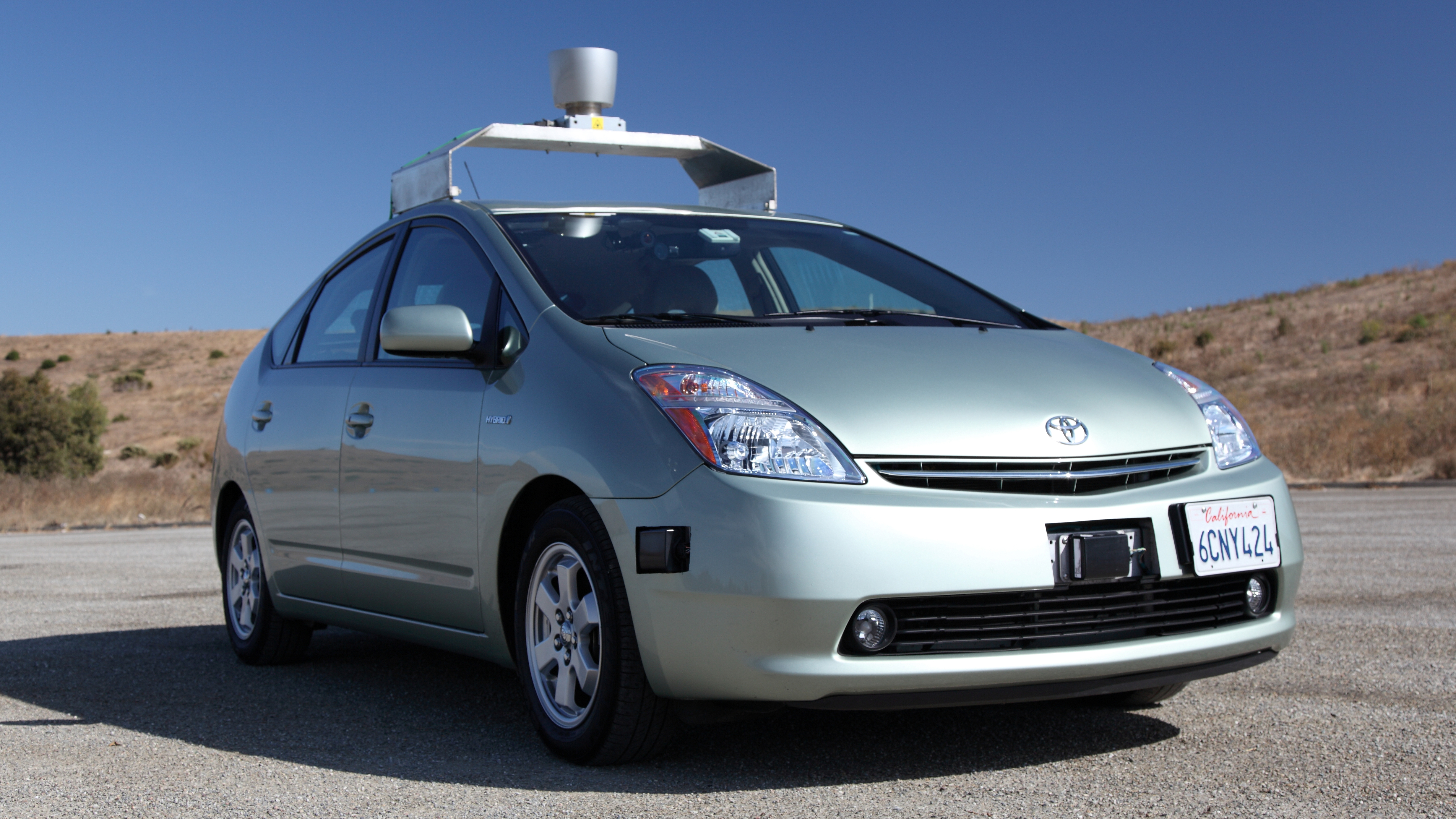FCC claims Google employees knew of Street View's data collection
A newly released FCC document sheds light on Google Street View's wardriving

It's no secret that Google's Street View Cars were collecting data from Wi-Fi networks in addition to snapping pictures, but a newly released FCC document suggests that the data collection wasn't as accidental as Google initially claimed - and that multiple employees were privy to it.
The wardriving (collecting data on Wi-Fi networks from a moving vehicle) was orchestrated by a Google engineer, here called "Engineer Doe," who designed the software to collect data that he or she "thought might prove useful for other Google services."
The document reveals that in addition to Engineer Doe, other Google employees, including at least one senior manager, were aware of the practice long before it was brought to the attention of the FCC or Department of Justice (whose own investigation ended in May 2011).
'Engineer Doe specifically told two engineers working on the project, including a senior manager, about collecting payload data.'
"As early as 2007 and 2008, Street View team members had wide access to Engineer Doe's Wi-Fi data collection document and code, which revealed his plan to collect payload data," the document read.
"Engineer Doe specifically told two engineers working on the project, including a senior manager, about collecting payload data," it continued.
"Nevertheless, managers of the Street View project and other Google employees who worked on Street View have uniformly asserted in declarations and interviews that they did not learn the Street View cars were collecting payload data until April or May 2010."
Get daily insight, inspiration and deals in your inbox
Sign up for breaking news, reviews, opinion, top tech deals, and more.
What is 'payload data'?
"Payload" is data sent between computers on the same network, and it can include entire emails and instant message conversations, URLs, user names and passwords, and more.
Google has freely admitted that collection of payload data took place, though they previously claimed it was incidental and never used.
Though the new document reveals that the FCC found differently, Google has still been deemed not guilty of any crimes - besides obstructing the investigation, for which they've been fined $25,000.
This just goes to show the importance of encrypting wireless communications, even - or perhaps especially - at home.
Google engineer pleads the fifth
The document detailing Google Street View's possible privacy violations was released by the FCC earlier this month, though in heavily redacted form.
Key information - like the fact that the Street View cars were purposely equipped with data-trawling software, and that several employees were aware of this fact- was left out.
But, after privacy groups like the Electronic Privacy Information Center pressured the FCC to release the document in full, Google preemptively did so themselves - but with the names of its employees still held at bay.
"We decided to voluntarily make the entire document available except for the names of individuals," said Google spokeswoman Niki Fenwick in a statement. "While we disagree with some of the statements made in the document, we agree with the FCC's conclusion that we did not break the law. We hope that we can now put this matter behind us."
Engineer Doe declined to testify or be interviewed by the FCC, invoking his fifth amendment right against self-incrimination.
Michael Rougeau is a former freelance news writer for TechRadar. Studying at Goldsmiths, University of London, and Northeastern University, Michael has bylines at Kotaku, 1UP, G4, Complex Magazine, Digital Trends, GamesRadar, GameSpot, IFC, Animal New York, @Gamer, Inside the Magic, Comic Book Resources, Zap2It, TabTimes, GameZone, Cheat Code Central, Gameshark, Gameranx, The Industry, Debonair Mag, Kombo, and others.
Micheal also spent time as the Games Editor for Playboy.com, and was the managing editor at GameSpot before becoming an Animal Care Manager for Wags and Walks.
